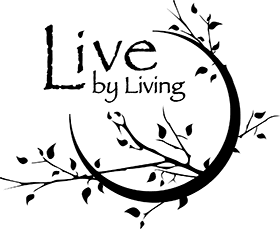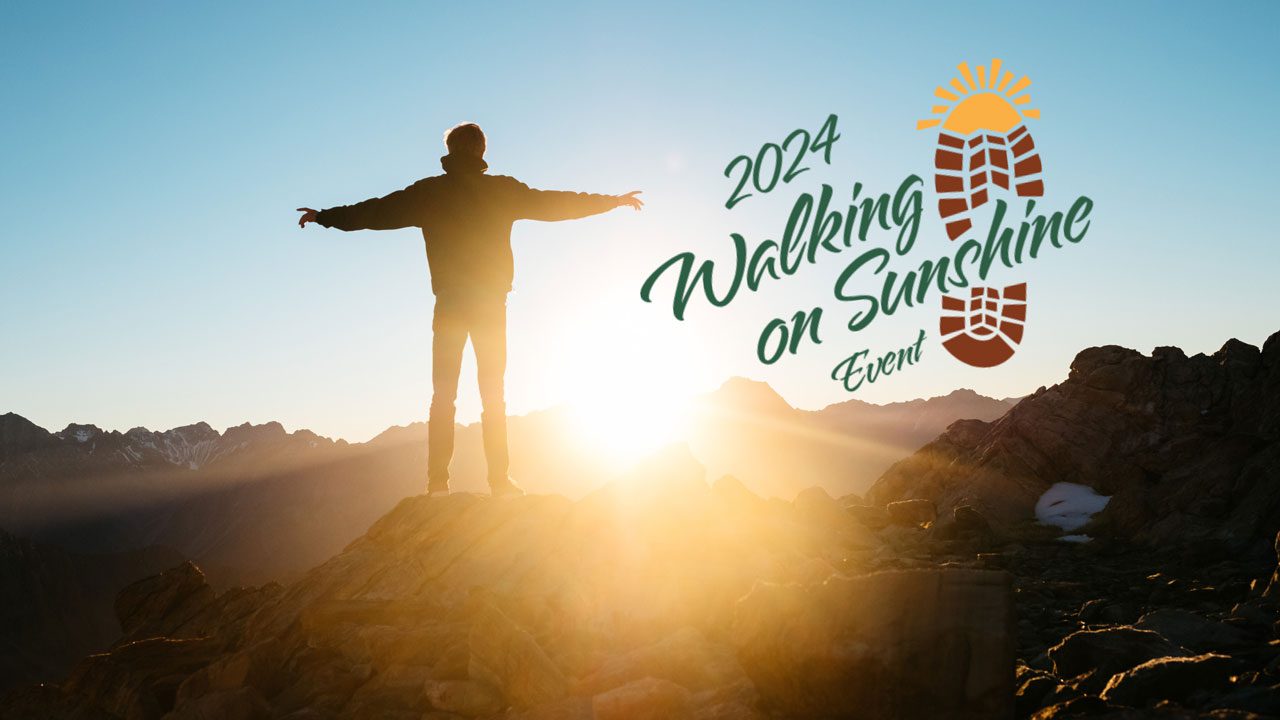Survivor & Caregiver Retreats
About Live by Living Retreats
Retreats are held in Tenth Mountain “huts”, YMCA cabins, and private residences. This is a chance to unplug from daily life and immerse yourself in the beauty of nature. Make new friends who “get it.” Eat gourmet, cancer-fighting food, challenge yourself physically, and gain new strength in facing life’s challenges. Open to survivors and caregivers.
You’ll need an account to register
Already have an account? Log in
Don’t have a login yet? Register for free
Tips for retreat goers
- You register for retreats on our calendar page.
- Retreats fill up quickly after registration opens.
- To increase your chances of getting a space on a retreat, register for our email list.
- We will inform you when retreat registration opens through our newsletter or weekly update.
- We want everyone to have a chance to experience the healing power of our retreats. Only people who have not yet been on a retreat may register during the first week after registration opens.
- Registration for September retreats opens July 1.
2024 Retreat Schedule
March 16-18
YMCA Conference Center, Estes Park
May 10-12
YMCA Camp Shady Brook, near Deckers
July 20-22
Uncle Bud’s Hut, west of Leadville
August 3-5
Shannon Vits young adult retreat, Peter Estin Hut, south of Eagle
August 16-18
YMCA Camp Shady Brook, near Deckers
September 14-16
YMCA Snow Mountain Ranch, Granby
September 28-30
YMCA Snow Mountain Ranch, Granby
September 28-30
Couple’s retreat, Breckenridge



Retreat FAQs
What do we do on a retreat?
On Live By Living’s 2-night “hut” retreats, we hike or snowshoe to cozy log cabins high in the Rockies, and spend a couple days relaxing, making new friends, and enjoying the beauty of nature. We lead the way, and we have a big truck (or snowmobile) to carry your gear and all of the food. If you don’t think you’re up for the hike in to the cabin, we can give you a ride. Once you’re at the cabin, you can relax, get to know your new friends, and let yourself be pampered by our crew of caring volunteers.
We also offer more accessible retreats based at the YMCA Conference Centers- Estes Park, Snow Mountain Ranch and Camp Shady Brook. On the Estes Park and Snow Mountain Ranch retreats, you drive right to our large, modern cabin at the Y. All of our retreats offer various hiking options, and other optional activities.
What does it cost?
We are glad to announce that our retreats are FREE, thanks to generous grants from the George Karl Foundation, the Colorado Cancer League, the Colorado Cancer Coalition, the Miller Family Foundation, and the BStrong Ride, the cooperation and support of the Tenth Mountain Division Hut Association, as well as the generous support of our many individual donors.
After you attend one of our retreats, you can share the great feelings you got by paying it forward in some manner. If you are in a position to donate financially, we’d love to have your support. You can send another survivor on one of our retreats by donating here. Or, check out the Volunteer page for ideas. We are an all-volunteer organization. We need help doing just about everything.
Or, just do this: spread the word. Make it your mission to convince 2 or 3 other survivors and caregivers to attend their first LBL retreat. Still getting treatments or checkups? Tell your care provider what a great time you had! Ask them if they have any Live By Living brochures, and if not, let us know so we can send them some. Be sure to like our Facebook page, and share or comment on our posts.
What about Covid?
Our retreats are magical, but it is important to understand what you are signing up for, especially in terms of potential risks related to COVID19.
Retreats are a wonderful way to build a community, but they are close quarters. It is difficult to socially distance on a retreat, especially the retreats at the 10th Mountain Division Huts, because of the communal style of living. The sleeping quarters at the huts are communal – there are generally 3-5 sleeping rooms with 4-8 beds per room. A few rooms have 2 beds.
Retreats are about building community with fellow cancer survivors and caregivers. The leaders of Live by Living have debated how best to offer retreats, while maintaining safety for our participants. We will be implementing the following requirements for all volunteers and participants who are attending a retreat this season.
1. At this point, with the vast majority of people having been vaccinated and/or infected, we are no longer requiring proof of vaccination to attend retreats.
2. We will require symptom checks in the days leading up to the retreat. Persons with symptoms of infectious diseases (e.g., Covid, colds, flu) that are not otherwise explained (e.g., known allergies) may not attend.
3. We will practice good hygiene.
Reasons why you might consider not attending a hut retreat:
1) If you are concerned about the low, but not zero level of risk of contracting COVID19.
2) If you are currently in treatment for cancer, or recently out of treatment and still have a suppressed immune system.
3) Please consult with your health care provider the above information and if they recommend you do not attend.
It’s also worth noting that retreats at the YMCA are likely inherently less risky because of the availability of hot running water, semi-private sleeping arrangements, and electricity to operate fans for ventilation. It’s also easier to wear a mask at the YMCA than at the huts because it’s quite a bit lower elevation.
What are the accommodations like?
It depends on whether you are going to one of the Tenth Mountain Division cabins, to one of our retreats based at one of the YMCA locations, or the couple’s retreat in Breckenridge.
The Tenth Mountain Division Huts are beautiful log cabins, but they are rustic. These cabins have wood-burning stoves for heat, propane cooktops, well-equipped kitchens, solar-powered lights, and stunning vistas.
Some things the cabins do NOT have: private bedrooms, running water, electricity. They also do not have flush toilets — they either have indoor composting toilets or outhouses.
Sleeping accommodations vary from cabin to cabin; Uncle Bud’s and Peter Estin have a couple bedrooms that sleep 2-4 people, and a larger area that sleeps up to 10. Francie’s Cabin has 6 bedrooms with 2-4 beds per room. Each bedroom has comfortable foam mattresses and pillows. The cabins sleep 16-20 people. Live By Living appreciates the generosity of the Tenth Mountain Division Hut Association in supporting our use of these huts.
If you want to read more about the cabins, click here, then browse under the “10th Mtn Huts” drop-down menu for the name of the cabin you are interested in.
The accommodations at the YMCA-Estes Park and Snow Mountain Ranch are fully equipped modern cabins and lodge rooms with electricity, showers, etc. We rent a 6-bedroom, 3 bath cabin. Two of these rooms have 2 pairs of bunk beds; 3 have a queen bed and one bunk bed pair, and the sixth room has one queen bed. Lodge rooms have 2 queen beds and a bathroom. Our trips are based on double occupancy, so you will be staying with the person you came with, or potentially sharing a room with one other person. You can read more about the YMCA here.
The accommodations at YMCA- Camp Shady Brook include bunkhouse-style lodging and shared restrooms.
The couple’s retreat in Breckenridge is in a luxury home just south of town. There are 5 guest bedrooms. Four have their own bath, and the fifth shares one of the other guest bedrooms’ bath.
How difficult are the retreats?
Our retreats vary in difficulty. The trips to the Tenth Mountain Division Huts are challenging, because we hike to these cabins. Most of the hikes are about 4 miles long, with one to two thousand feet of elevation gain. And, the cabins are all above 11,000 feet, so the thin air can also be a challenge. Contact us, and we’ll help you determine whether you’re ready for a trip, and if so, help you choose the trip that’s best for you. We’ll work with you and your physician to assess your level of fitness, and what training you may need to prepare. We strongly encourage you to join us for at least one hike (a hike, not a walk — see the hikes and walks page) before you go on your first retreat. Still, it’s not a race, and with appropriate training, going on one of our Tenth Mountain retreats is a realistic goal for many cancer survivors. And if you’re just not able to hike to the cabin, we can always give you a ride.
Retreats at the YMCA conference center in Estes Park are much easier. The YMCA Estes Park is at about 8,100 feet. The YMCA Snow Mountain Ranch is a bit higher, at about 8700 feet. As mentioned above, you drive to the lodging at the YMCA. On the YMCA trips, we have options for easy and moderate hikes. The easy hikes are pretty flat and a mile or less. Some have benches for you to rest on. The moderate hikes are about 3-4 miles with 400 to 650 feet of elevation gain and a maximum altitude of 10,150 feet. In contrast, the hikes from the huts start at over 11,000 feet. The harder ones may go up to 12,000 feet.
If you live at sea level, have difficulty with altitude, or have low blood counts, you should choose one of the YMCA Estes Park retreats instead of the Tenth Mountain Division Huts.
What if I've never climbed a mountain?
You don’t need to be an experienced mountaineer to enjoy these trips! Whether you’re a veteran of the Appalachian Trail or your outdoor experience has been limited to walks in the park, you can enjoy our retreats. If you’ve never done a trip like this, we will provide the necessary instruction and training events to help you get in shape. We will work with you to be sure you have appropriate clothing and gear to keep you comfortable on the trail and at the hut. We have packs, sleeping bags, rain gear, etc., we can loan you, but you will need to bring a pair of good-fitting sturdy hiking shoes or boots.
Once we’re at the cabin, you’ll have a choice of activities. Join us for a hike or snowshoe tour, or just relax around the cabin and soak in the views and solitude. We also offer training in various techniques to help you through the cancer journey. Gain calmness and clarity with mindfulness (meditation) training. Relax and center yourself with a gentle yoga practice. Or really relax under the skilled hands of a masseuse. We are a volunteer-based organization, so specific activities offered vary from trip to trip.
What is the food like?
Retreats are not just about filling your soul: we’ll pamper you with great food, too! Our menus emphasize healthy, gourmet, cancer-fighting recipes. We emphasize a plant-based diet, but meat is available for some meals. Gluten-free? Dairy-free? Vegan? FODMAP? No problem. We accommodate special dietary restrictions.
Will we talk about cancer all the time?
I just got diagnosed, can I come on a retreat?
Can I bring a caregiver?
What if I'm from out of state?
“I have more gratitude in my heart having completed the winter hut trip. And, Wow! I am an amazing and capable person. I snow-shoed into and out of a hut located in the mountains. I have friends who have never done that. Yay for me!”

